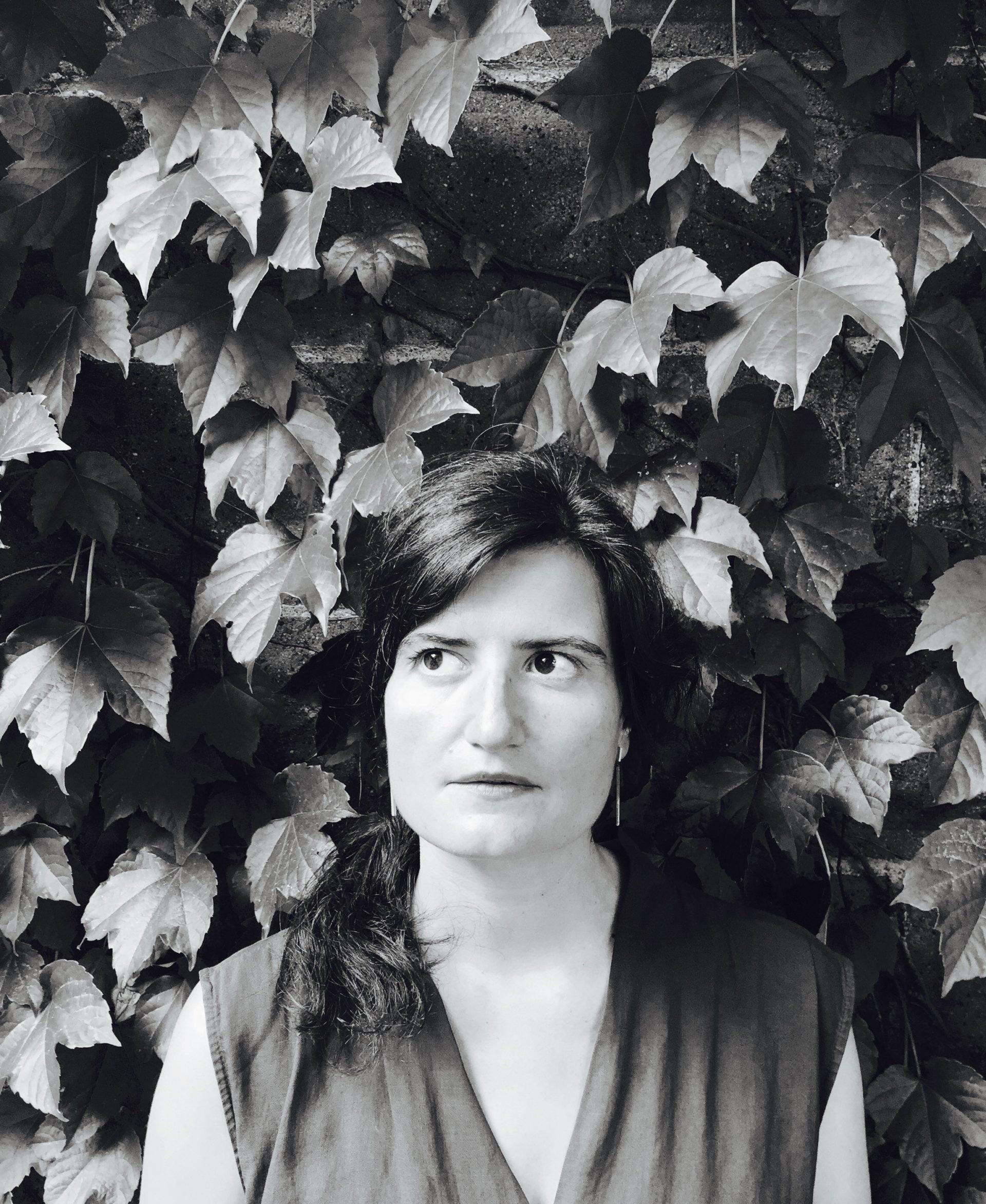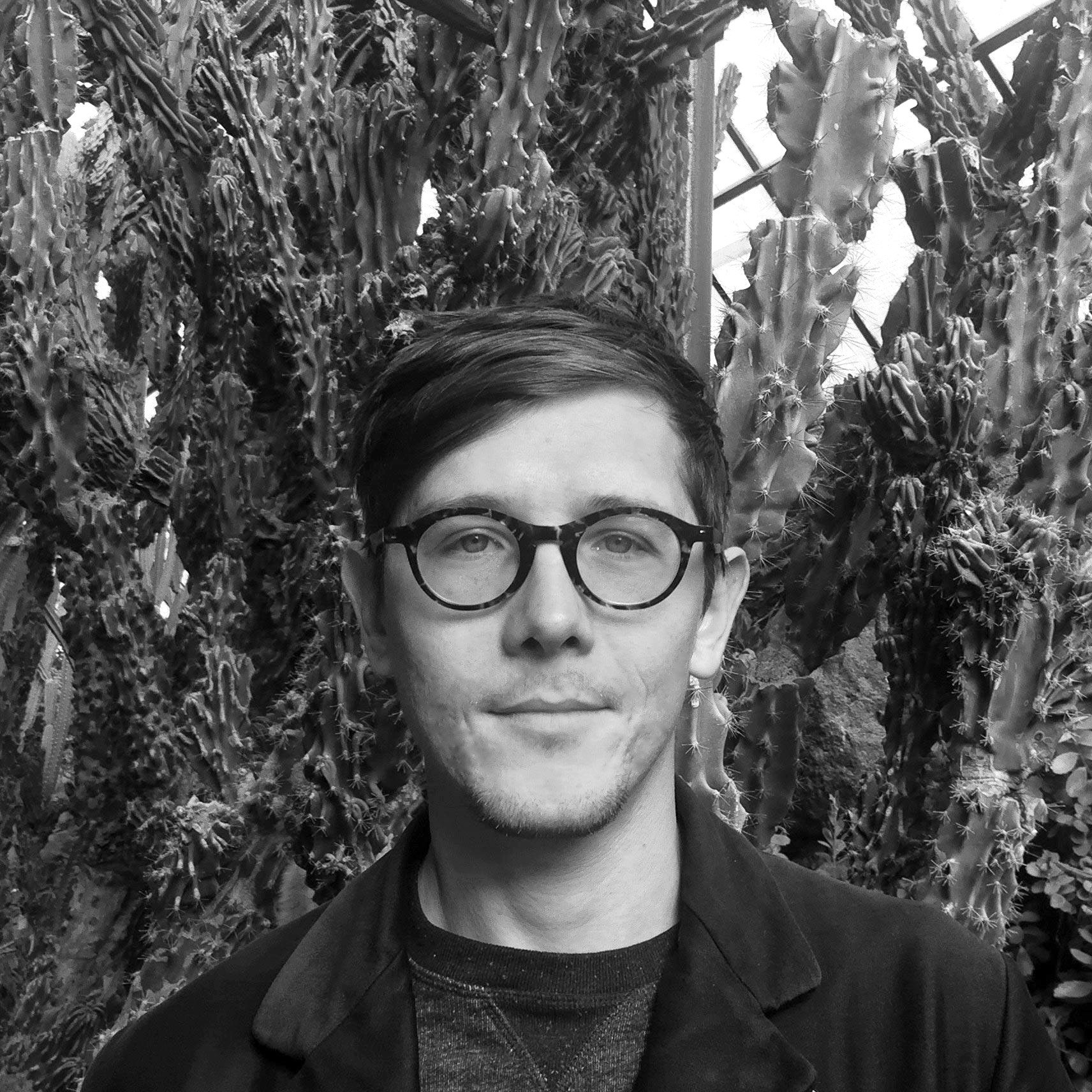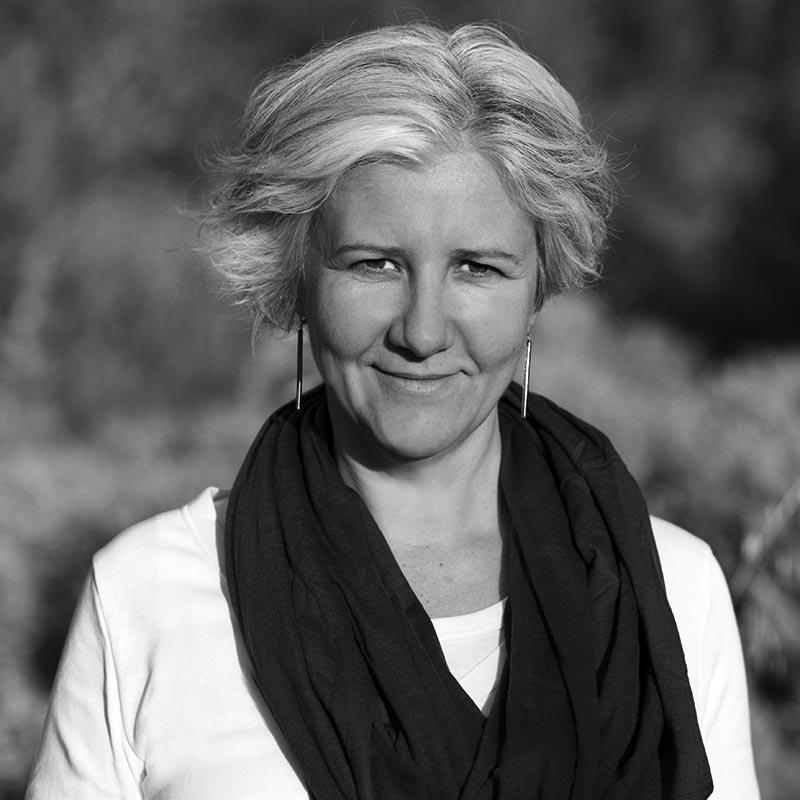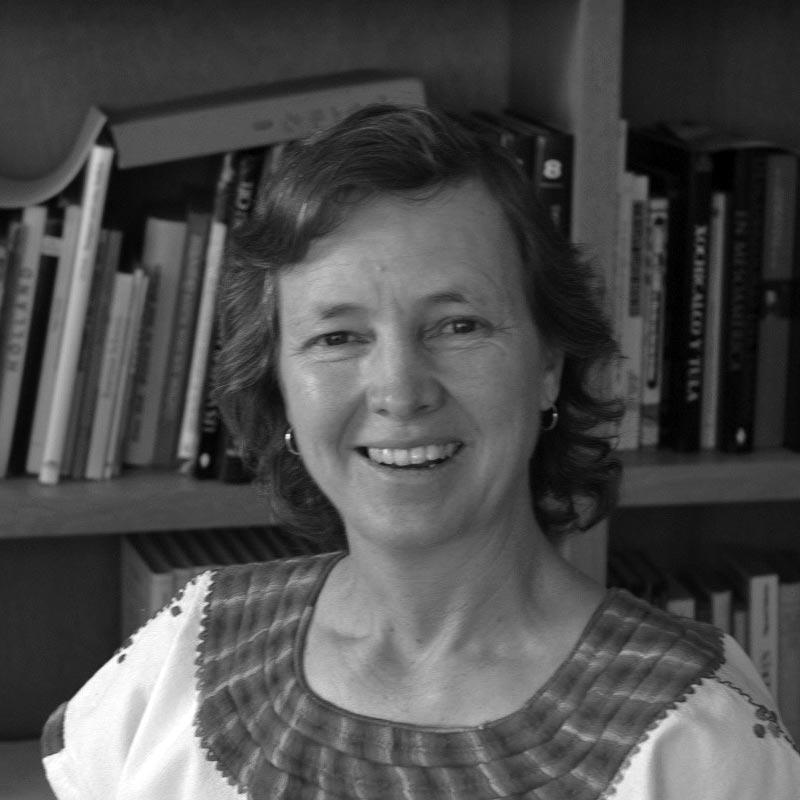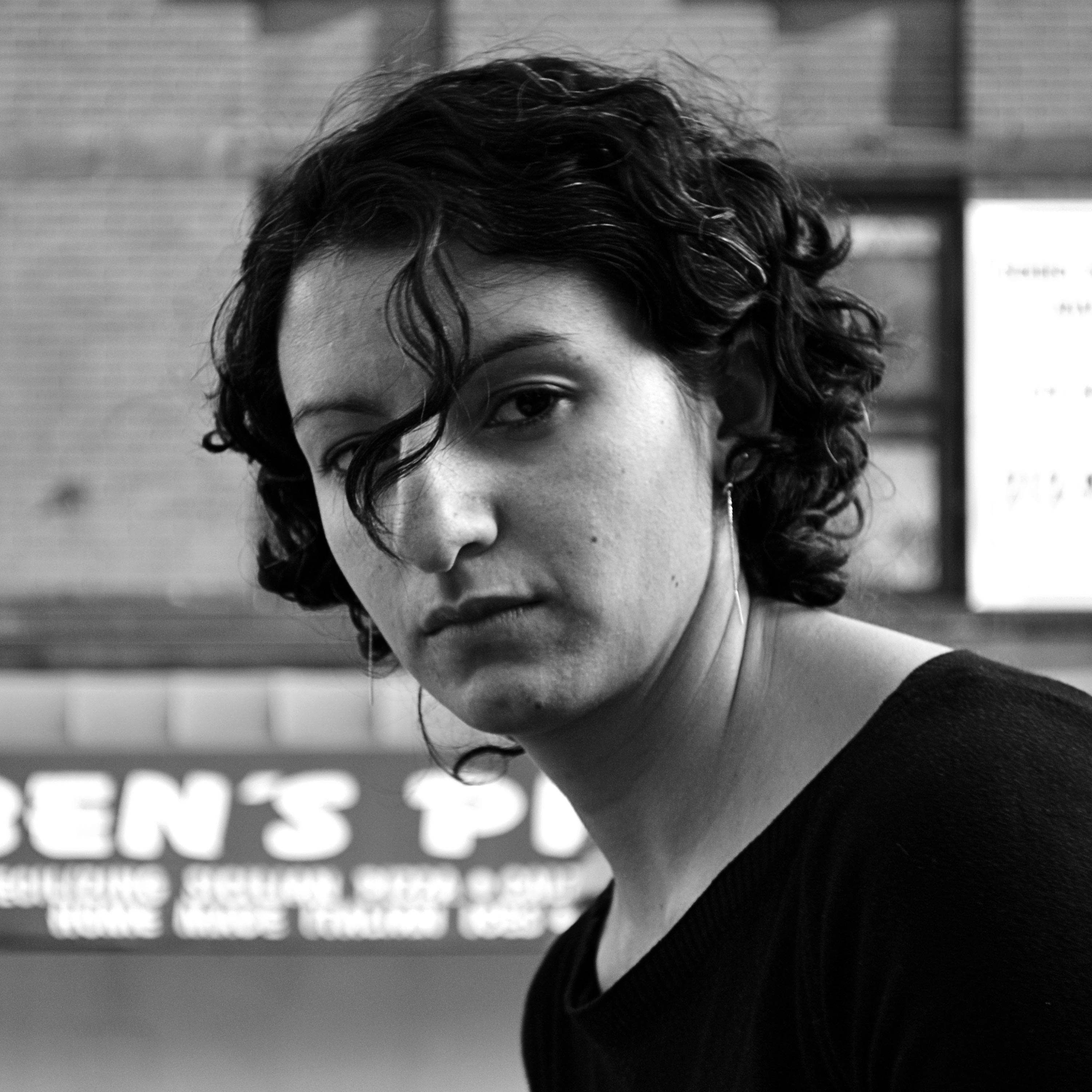Almost 200,000 acres of land in the fertile Mezquital Valley are irrigated with the untreated sewage of Mexico City. Rainwater, urban runoff, industrial effluent, and sewage in Mexico City are sent to the Mezquital Valley through a 60-kilometer pipe. Soils in this valley have been continuously irrigated with urban wastewater since 1901, longer than any other soil in the world. The capacity of these soils to produce conditions in which agriculture can be safely practiced and produce healthy crops depends on complex interactions between soil composition, chemistry, ecosystem function, farming practices, public policy, land management, and the urban design of Mexico City’s hydraulic infrastructure. Without this wastewater, the Mezquital Valley would be a desert, as it falls into the United Nation’s “drylands” climate category, where rates of evapotranspiration exceed precipitation. Currently, more than 40 percent of the world is classified as “drylands,” making the Mezquital an important case study in wastewater reuse for a warming world. The goal of this research project was to evaluate the successes and failures of the Mezquital Valley as the world’s largest experiment fertilizing agriculture with human wastewater. What hydraulic, soil, ecosystem, social, and policy conditions increase chances for success? What are its prospects for socioecological sustainability? In order to address these questions, we partnered with farmers, urban water experts, and soil scientists in order to understand both sides of the wastewater pipe as part of the same agricultural system. This research produced an advanced studio curriculum at Harvard University on the architecture of postnatural soils.
Bonhevi Rosich and Denizen’s presentation was followed by a conversation with respondents Teresa Galí-Izard (professor of Landscape Architecture at ETH Zurich and head of Arquitectura Agronomia), Christina Siebe (senior researcher at the department of Soil and Environmental Sciences of the Institute of Geology at the Universidad Nacional Autónoma de México), and Elena Tudela (associate professor at the Facultad de Arquitectura, Universidad Nacional Autónoma de México, and cofounder of the Office of Urban Resilience).

